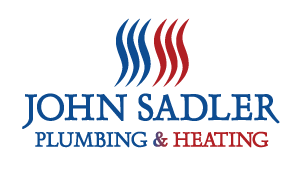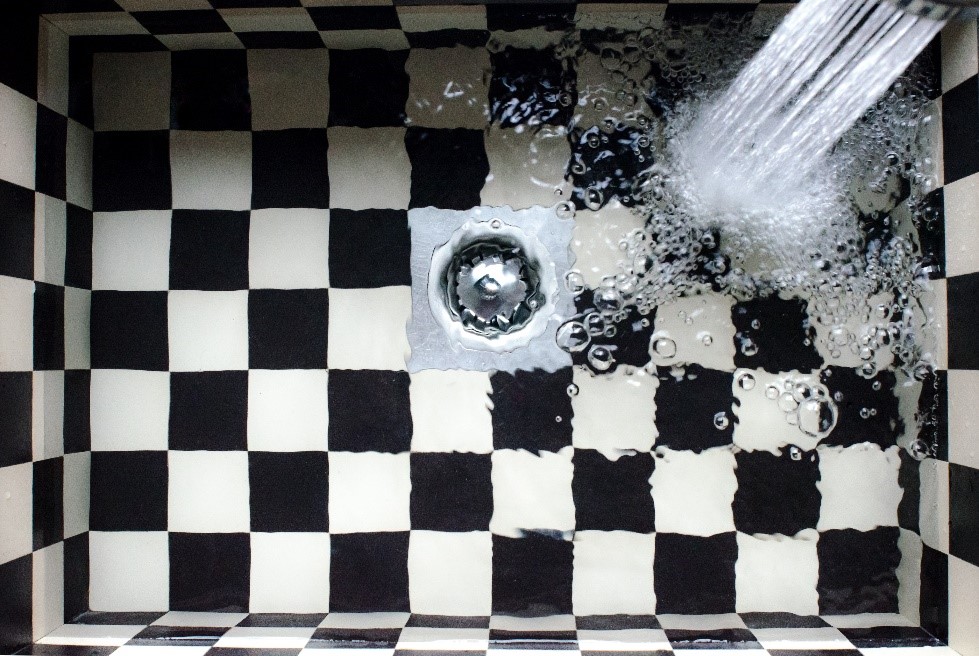6 Common Household Habits that Hurt Your Plumbing
When it comes to plumbing, maintenance is key to preventing major damages and stressful emergencies. Many people don’t realize that they are regularly doing things that actually hurt their plumbing on a regular basis. Here are some of the most common mistakes you’re making around the house that could be damaging your plumbing system.
Pouring Oil and Fat Down the Drain
Never put cooking oil, fat, or grease down the drain. Just because it is a liquid when you pour it down the sink doesn’t mean it stays that way. These substances congeal and harden when they cool, so they will create blockages once they have entered your pipes. A better way to dispose of oil and fat after cooking is to pour it into a can, wait for it to cool and harden so that it can be re-used or thrown in the garbage.
Using Store-Bought Drain Cleaner
You probably think that pouring drain cleaner down the sink to get rid of clogs is a good idea, but it’s actually bad for your plumbing system. Store-bought drain cleaners are full of corrosive chemicals, and repeated use will weaken pipes and eventually cause leaks.
Instead of store-bought cleaners, use a plunger on clogs. For more stubborn jobs, call in a plumber to snake or hydro jet the drains. These techniques will thoroughly clean drains and get rid of blockages without harming your pipes.
Ignoring Minor Leaks
It’s easy to turn a blind eye to a small, slow drip that doesn’t seem like a big deal. However, ignoring even minor leaks can lead to water damaged cupboards, walls and floors, mildew, mold, high water bills, and even burst pipes. Fixing minor leaks before they become a real problem is simple and inexpensive.
Using the Toilet as a Trash Bin
Many people think there are items they can safely flush down the toilet other than toilet paper and bodily waste. There are not.
Do not flush cat litter, feminine products, “flushable” wipes (they aren’t flushable, even if the package says they are), Q-tips, or any other items down the toilet. Instead, keep a wastebasket in your bathroom and throw everything in there—you’ll thank us later. We have pulled all sorts of objects out of drains that don’t belong there including toys, paint brushes, soothers, face cloths, and of course rings and earrings.
Not Knowing Where Your Water Main Shutoff is (or How to Use it)
If you have a plumbing emergency like a burst pipe, it’s imperative that you know where your water main shutoff valve is located and how to use it so that you can turn the house water off as quickly as possible. Make sure you locate your shutoff valve and learn how to use it before you have an emergency. If you need any tools to access the shutoff valve, keep them close by at all times so you can grab them easily in the event that you need to shut off your water in a hurry. If you need our help in locating your water and gas shutoffs, labelling them for you, and showing you how to use them, just ask.
Hanging Items on Your Showerhead
If you have a shower caddy that hangs from your showerhead or other bathroom fixture, don’t overload it with a ton of heavy bottles. These fixtures are not designed to support a lot of weight and a heavy load can cause damage. If you have a hanging caddy attached to a fixture, just keep a few essentials in there, not your entire collection of body products.
How many of these bad habits are you guilty of? Don’t worry, we’re here to help with any maintenance and repairs that you need. Contact us today for professional, reliable plumbing.
Leaving Your Garden Hose attached to the Outdoor Tap
Even if you have a “Frost-Free” outdoor faucet, it is important to disconnect your hose in the fall before the frost sets in. This is because the hose may trap water in the tap, and any remaining water can freeze and damage the faucet, causing it to leak.



